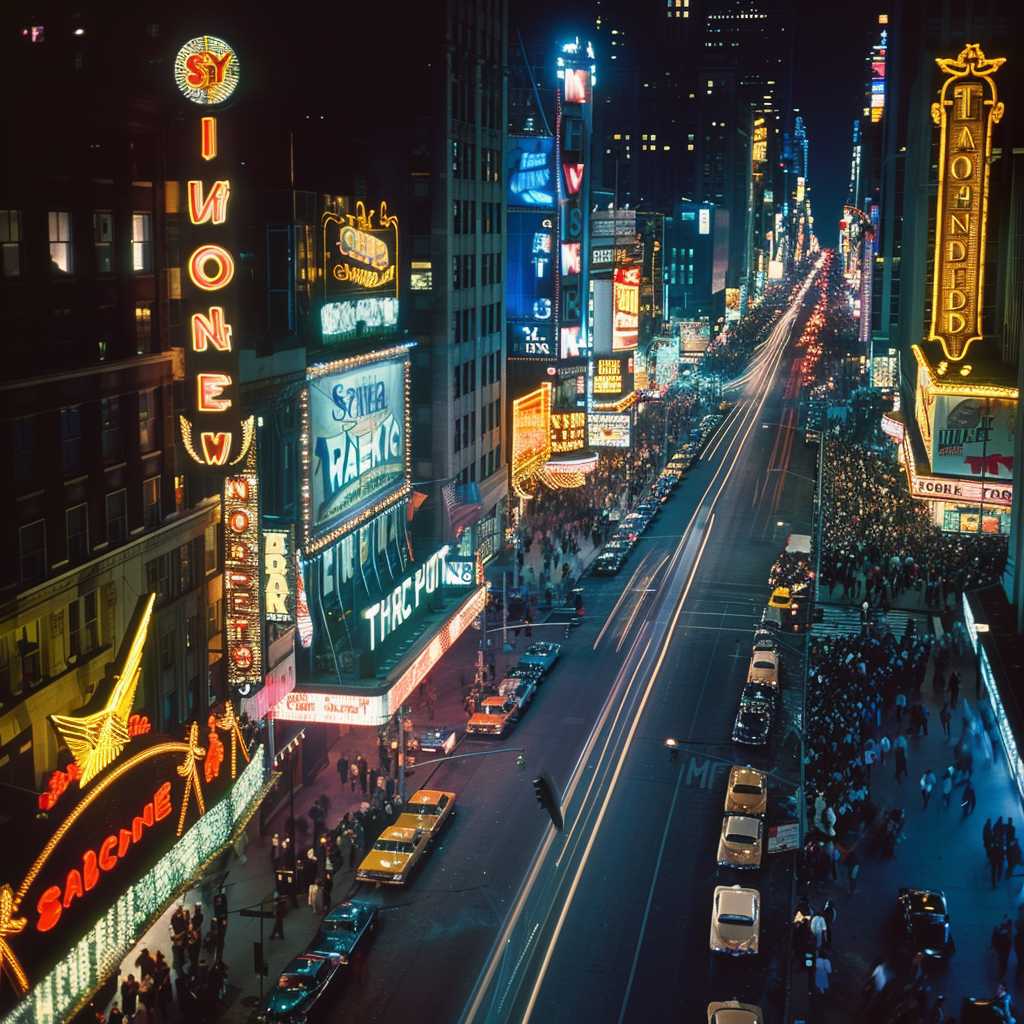The Enduring Allure of Broadway: A Spotlight on Theatre’s Brightest Stage
Broadway, situated in the heart of New York City, continues to sparkle as the pinnacle of American theatre, drawing audiences from around the world with its diverse array of plays, musicals, and performances. Dating back to the early days of the 20th century, Broadway has become synonymous with a level of prestige and quality in live entertainment that only a few places in the world can claim. This article delves into the world of Broadway plays, exploring their history, contribution to arts and culture, and their unceasing draw as a beacon of theatrical excellence.
The History and Evolution of Broadway Theatre
Broadway theatre, also known simply as Broadway, refers to the theatrical performances that are presented in the 41 professional theatres with 500 or more seats located in the Theater District and the Lincoln Center along Broadway, in Midtown Manhattan, New York City. The term “Broadway” is shorthand for a higher level of commercial theatrical achievement and notoriety that’s often paraded with award ceremonies such as the Antoinette Perry Award for Excellence in Broadway Theatre, commonly known as the Tony Awards.
Critical Milestones in Broadway’s Journey
In the early years of Broadway’s inception, theater productions were mainly serious plays and Shakespearean works. Just after the turn of the 20th century, musicals began to gain traction, ushering in new storytelling forms to theatres. Legendary productions such as “Show Boat” in 1927 changed what audiences could expect from theatre by marrying music and performance art with powerful narratives about America’s social issues.
Renowned Plays That Defined Generations
Some plays have gone on to encapsulate poignant moments in social discourse or influence societal reflections even beyond their closing night. Examples include Arthur Miller’s “Death of a Salesman”, which explored themes of success and identity in America post-World War II, and Tony Kushner’s “Angels in America,” a two-part play critically acclaimed for its narrative centered around AIDS during the epidemic’s peak.
Broadway Today: Diverse Stories on Center Stage
The contemporary landscape of Broadway shows has been marked by increased diversity and inclusivity in its storytelling perspectives. Women playwrights such as Lynn Nottage with her work “Sweat” and dynamic adaptations such as Lin-Manuel Miranda’s “Hamilton” reinvent historical tales with modern sensibilities. There has been a significant expansion in the genres of plays produced on Broadway, ranging from classic revivals to daring avant-garde pieces that challenge theatrical norms.
The Economic Significance of Broadway Plays
Not merely cultural cornerstones, Broadway productions are pivotal to New York City’s economy. Employing thousands directly and many more indirectly through tourism and related services, Broadway often sees multiple productions earning upwards of one million dollars weekly in ticket sales pre-pandemic.
Challenges Faced by Broadway Amidst Global Crises
Despite its longstanding success, Broadway is not immune to societal shifts and global challenges. The Great Depression rocked its foundations, causing theaters to shutter. More recently, the COVID-19 pandemic posed an unprecedented threat with all theatres going dark for an extended period. However, these silences were continually broken by reinventions and resilience evident through virtual performances during lockdowns or creative productions post-quarantine.
Future Prospects: Digital Integration and Beyond
The integration of digital technologies presents both a challenge and opportunity for Broadway plays. With live recordings like Disney+’s release of “Hamilton” reaching global audiences’ homes, theater producers consider new arenas for play distribution. Additionally, investments in augmented reality (AR) could furnish theatergoers with unprecedented immersive experiences.
Notes
Image Description: An expansive view of NYC’s Theater District by night; brightly-lit marquees announce current shows while crowds bustle beneath them reflecting Broadway’s vibrant allure.
